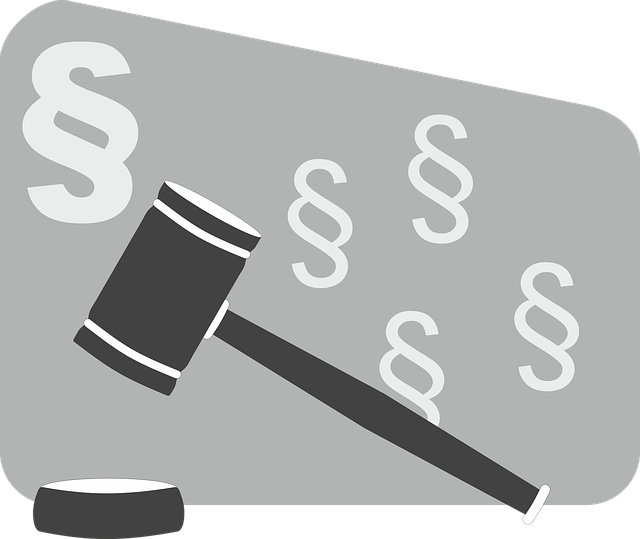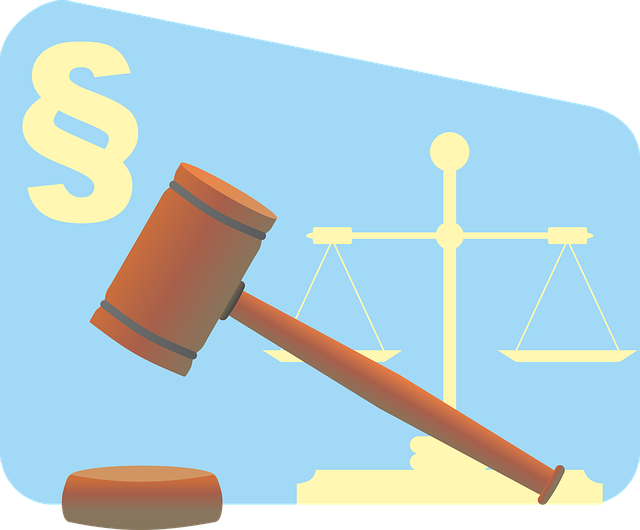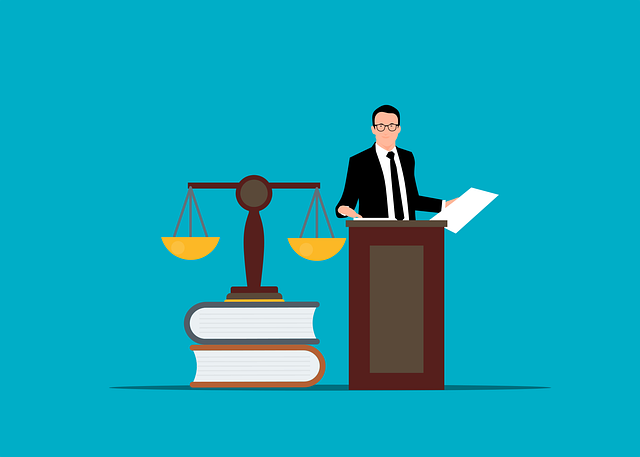Antitrust laws are crucial for fair competition, consumer protection, and innovation. Businesses must understand these regulations to avoid legal issues like collusion and price fixing. Settling property disputes through litigation is a strategy to navigate complex antitrust cases, involving evidence gathering, strategic navigation, and cost-effective solutions. Effective document collection enhances justice and accountability, while negotiation and mediation offer collaborative alternatives to traditional litigation. Strategic criminal defense tactics are employed in trials, ensuring comprehensive legal examination and favorable outcomes in high-stakes disputes.
Antitrust violation cases are a critical aspect of maintaining fair competition in the marketplace. This comprehensive guide explores the intricate world of antitrust laws and their pivotal role in protecting consumers from predatory business practices. We delve into various case scenarios, unraveling common violations and the litigation process, from initial steps to resolution through negotiation, mediation, or trials. Understanding evidence collection strategies is key, as settling property disputes through litigation demands robust documentation.
- Understanding Antitrust Laws and Their Purpose
- Common Types of Antitrust Violation Cases
- The Litigation Process: Steps and Strategies
- Evidence and Document Collection in Antitrust Suits
- Resolving Disputes: Negotiation, Mediation, and Trials
Understanding Antitrust Laws and Their Purpose

Antitrust laws are designed to promote fair competition in the marketplace and prevent businesses from engaging in practices that could harm consumers and stifle innovation. These laws aim to ensure a level playing field for all companies, fostering a dynamic and competitive environment that drives economic growth. Understanding these regulations is crucial when navigating high-stakes cases, as businesses must adhere to them to avoid indictment. By settling property disputes through litigation, companies can navigate complex legal issues and find resolutions that align with antitrust principles.
Across the country, antitrust violations can have significant consequences for corporations involved in collusion, price fixing, or abusing market power. To avoid these pitfalls, businesses should be adept at interpreting and complying with antitrust laws. This proactive approach helps in preventing costly legal battles and maintains a positive reputation, especially in an era where consumer awareness of such issues is on the rise.
Common Types of Antitrust Violation Cases

Antitrust violation cases encompass a wide range of legal issues, each with its own unique dynamics. Common types include price fixing, where businesses collude to set artificial prices, and market division, where companies divide territories or customer groups to limit competition. Another frequent scenario is the abuse of dominant market position, where a company uses its market power to stifle competition or disadvantage rivals.
These cases often involve complex investigations spanning all stages of the investigative and enforcement process. For his clients, high-stakes antitrust litigation demands strategic navigation through intricate legal landscapes. By employing robust evidence gathering, meticulous analysis, and passionate advocacy, experienced attorneys can help resolve these disputes effectively, whether through settlement negotiations or courtroom battles. Settling property disputes through litigation plays a pivotal role in ensuring fair market practices and safeguarding consumer interests.
The Litigation Process: Steps and Strategies

The litigation process for antitrust violation cases involves several key steps and strategies. It begins with a thorough investigation to identify potential violations, gathering evidence that supports claims of anti-competitive behavior. Once a case is built, the next step is filing a lawsuit, which triggers formal proceedings. During this phase, both parties present their arguments and evidence in court, aiming for a complete dismissal of all charges or a settlement that addresses the underlying issues without acknowledging guilt (white collar defense).
Strategizing for these cases requires a deep understanding of antitrust laws and regulations, as well as the ability to navigate complex legal landscapes. Effective strategies often involve negotiations aimed at reaching an out-of-court settlement if both parties agree it’s in their respective business interests. This approach can be more cost-effective and quicker than prolonged litigation, with the added benefit of preserving relationships between involved entities.
Evidence and Document Collection in Antitrust Suits
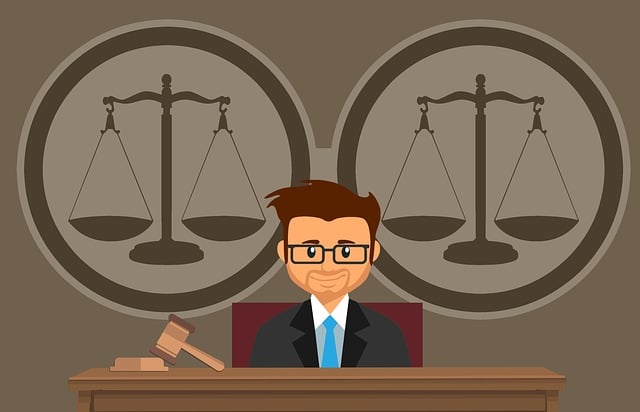
In antitrust violation cases, evidence and document collection play a pivotal role in settling property disputes through litigation. The process involves meticulously sifting through vast amounts of data to uncover incriminating documents, emails, financial records, and other relevant materials that can build a compelling case. Skilled legal teams employ advanced techniques, including e-discovery tools, to efficiently gather and organize evidence, ensuring every detail is accounted for. This comprehensive approach is crucial in navigating the complex landscape of white collar and economic crimes, where subtleties in documentation can make or break a case.
Effective document collection also fosters transparency within philanthropic and political communities, as it allows for open scrutiny and accountability. By securing strong evidence, legal representatives can present compelling arguments, enhancing their chances of winning challenging defense verdicts. This strategic process not only ensures justice but also strengthens the integrity of these sectors by deterring future misconduct.
Resolving Disputes: Negotiation, Mediation, and Trials
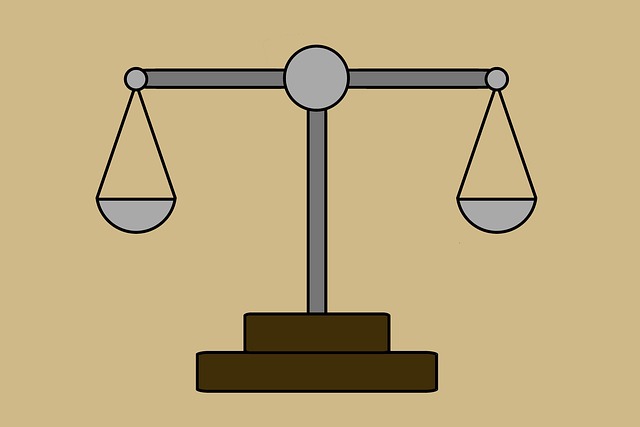
When it comes to resolving antitrust violation cases, an initial step often involves negotiation—a collaborative process where both parties discuss and propose resolutions. This can lead to agreements that address the concerns, ensuring compliance with antitrust laws. Mediation is another powerful tool; a neutral third party assists in these discussions, guiding negotiations toward mutually acceptable outcomes. Such alternative dispute resolution methods are cost-effective and allow for more flexibility compared to traditional litigation.
For cases that don’t resolve through negotiation or mediation, trials become the next step. Litigating antitrust violations involves presenting evidence and arguments before a judge or jury. This process ensures a thorough examination of the facts and applicable laws across the country. General criminal defense strategies may be employed during these trials, considering that antitrust violations can carry significant legal repercussions. Throughout all stages of the investigative and enforcement process, effective representation is crucial to safeguard the rights of those involved and achieve favorable outcomes.
Antitrust violation cases are a complex yet crucial aspect of ensuring fair market competition. By understanding the laws, recognizing common violations, and employing strategic litigation processes, businesses can navigate these disputes effectively. From evidence collection to dispute resolution, whether through negotiation, mediation, or trials, the goal is always to uphold antitrust principles and promote a level playing field in the marketplace. Settling property disputes through litigation plays a vital role in this process, ensuring that businesses operate transparently and ethically.


